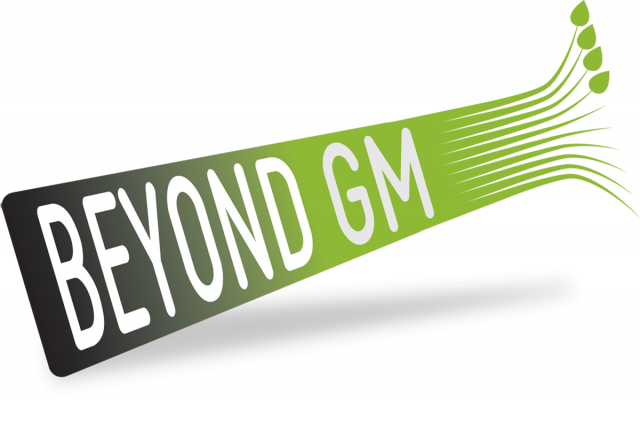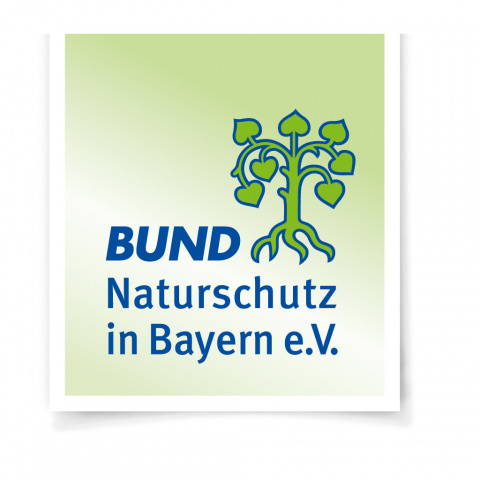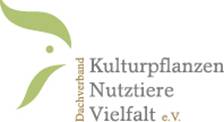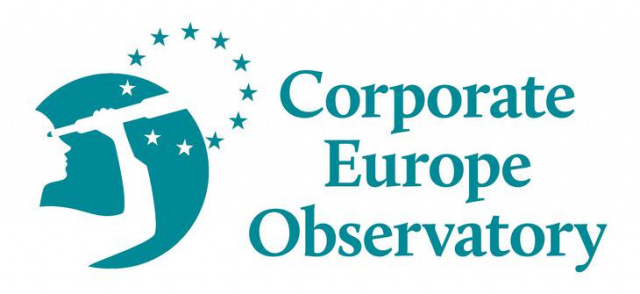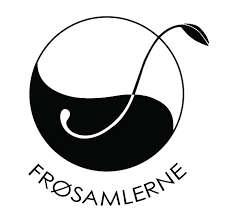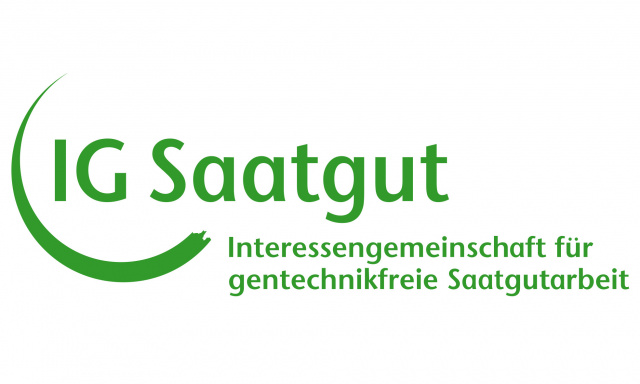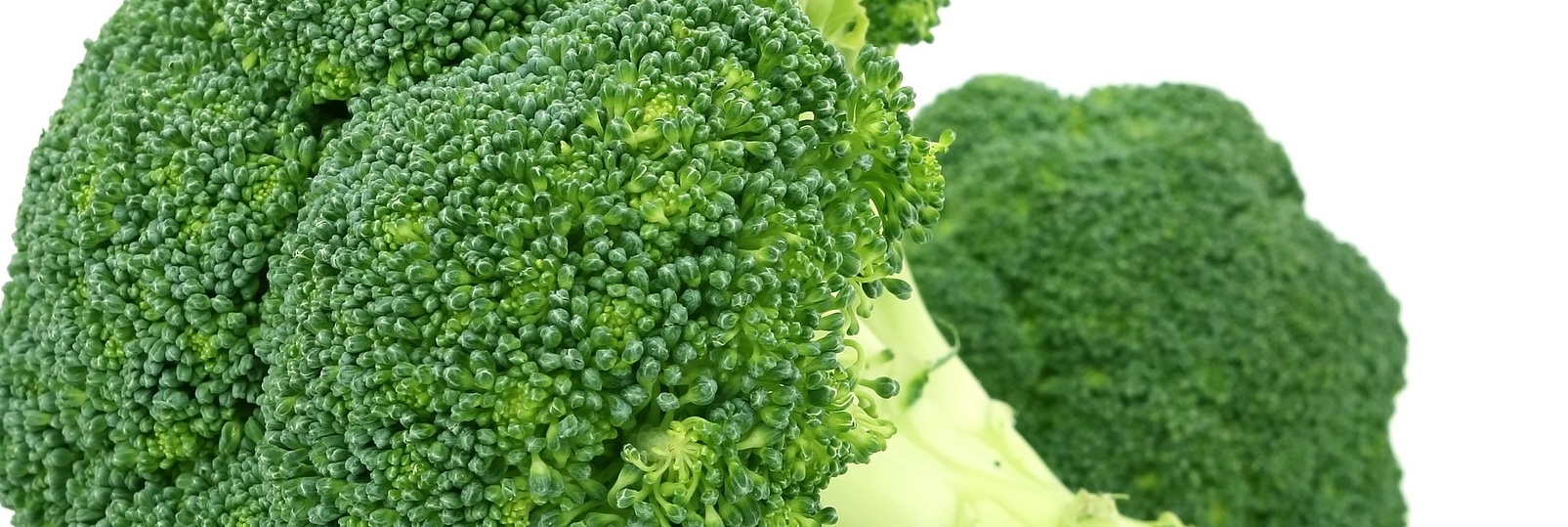
In 2002, the EPO granted a patent on broccoli (EP1069819) with a high content of glucosinolates which supposedly have health benefits. The plants stem from crossings of wild variants of broccoli (native traits) with commercial varieties. The patent covers the plants, the seeds and the harvested food. The patent claims read:
1. A method for the production of Brassica oleracea with elevated levels of (…) glucosinolates (…) which comprises: (a) crossing wild Brassica oleracea species with Brassica oleracea breeding lines; and, (b) selecting hybrids with levels of (…) glucosinolates (…), elevated above that initially found in Brassica oleracea breeding lines. 9. An edible Brassica plant produced (…) 10. An edible portion of a broccoli plant (…) 11. Seed of a broccoli plant (…)
Source: Patent (B2 publication) published on 18.01.2017
The patent is owned by Monsanto and the broccoli is marketed under the brand “Beneforté” as “super broccoli” in countries such as the US and UK. The patent, together with a patent on tomatoes with a reduced content of water (EP1211926), became the precedent case at the EPO for patents on plants derived from conventional breeding. Following changes to the EPO rules in June 2017, such patents will no longer be granted in Europe as the plants are derived exclusively from crossing and selection.
A further very similar patent was granted to Monsanto/Bayer (Seminis) (EP2708115) in September 2023.
28 September 2023: Press release on new patent on super-broccoli

